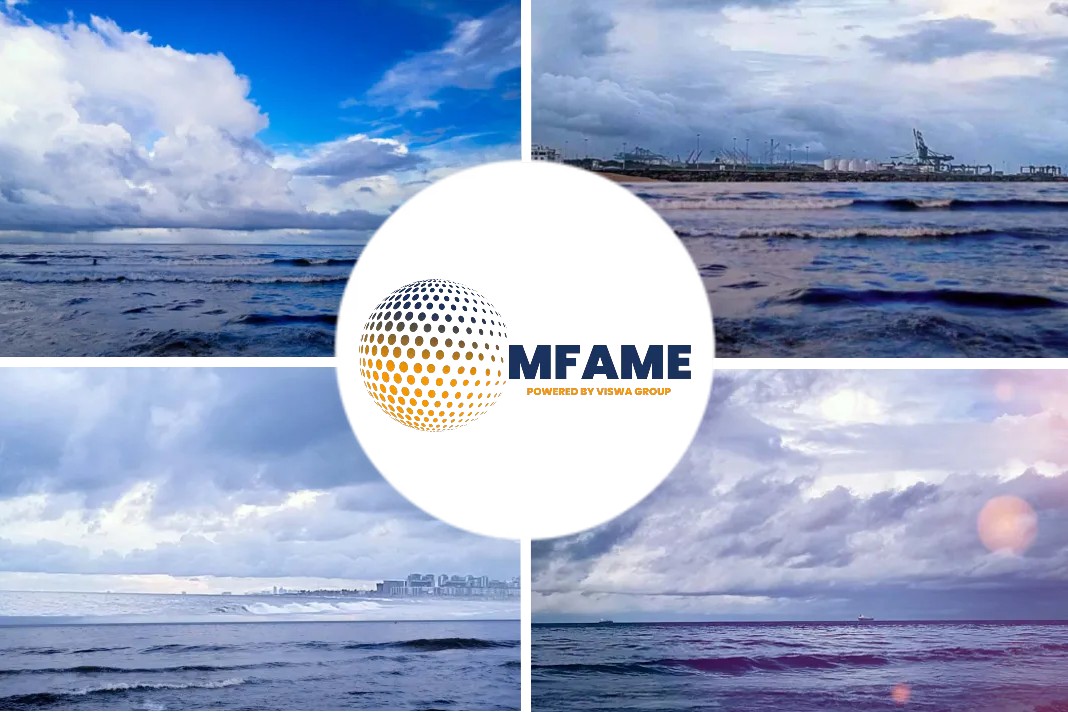
On 25 February 2023 the EU adopted its 10th package of sanctions against Russia. The relevant EU Regulations and Council Decisions can be found here but of particular significance for members is Council Regulation (EU) 2023/427 which further amends Regulation (EU) No 833/2014, reports Grad.
Targeted sanctions
An additional 87 individuals and 34 entities have been designated to the EU sanctions list. Full details can be found here. This includes:
- Alfa-Bank, Rosbank, and Tinkoff Bank, the National Wealth Fund of the Russian Federation, and the Russian National Reinsurance Company;
- SUN Ship Management (D) Ltd, a Dubai-based ship management company which is part of PAO Sovcomflot (SCF Group), Russia’s largest shipping company;
- members of the Federation Council of the Russian Federation, senior government officials, military leaders and members of Russia’s Wagner mercenary group;
- companies manufacturing weapons for the Russian armed forces;
- “proxy authorities” in the non-government controlled areas of Ukraine; and
- Iranian nationals alleged to be involved in supplying drones to Russia for use in Ukraine.
Trade sanctions
The following measures which are relevant to shipping have been imposed. (All references in brackets relate to EU Regulation 833/2014, as amended).
- The list of restricted items that could contribute to Russia’s military and technological enhancement, or the development of its defence and security sector has been extended (as listed in Annex VII of amended Article 2a), by adding certain electronic components that are being used in Russian weapons systems, specific rare earth materials, electronic integrated circuits and thermal cameras.
- Further restrictions have been imposed on imports of goods into the EU which generate significant revenues for Russia (as listed in Part C of Annex XXI of amended Article 3i) such as bitumen, carbon and synthetic rubber. There is a wind down period for these goods until 27 May 2023 for contracts concluded before 26 February 2023. Goods falling under CN codes 2803 (carbon) and 4002 (synthetic rubber) are not subject to this wind down period and instead are subject to an import quota of 752,475 metric tonnes and 562,973 metric tonnes tonnes respectively, until 30 June 2024.
- Further bans have been imposed on the export of critical technology and industrial goods to Russia(as listed in Part C of Annex XXIII of amended Article 3k) such as electronics, specialised vehicles, machine parts, spare parts for trucks and jet engines, and goods for the construction sector which can be redirected for use by the Russian military, such as antennas, fork-lift trucks and cranes. There is a wind down provision for these goods until 27 March 2023 for contracts concluded before 26 February 2023.
Anti-circumvention measures
The EU has imposed a transit ban for dual-use goods and advanced technology via the Russian territory (amended Article 2). It means that these goods can no longer transit via the territory of Russia when exported from the EU to third countries.
Maritime pilot services
The EU has clarified that the prohibition on transacting with Russian state owned entities does not apply to the provision of pilot services to vessels which are necessary for reasons of maritime safety (amended Article 5aa).
EU gas storage
It is prohibited to provide gas storage capacity in the EU to Russian nationals, residents or Russian entities (new Article 5p). This prohibition does not apply to liquefied natural gas facilities used for storage. There is a wind down period for ‘operations that are strictly necessary’ in respect of contracts concluded before 26 February 2023 provided they are terminated by 27 March 2023. It is also permitted for competent authorities of EU Member States to grant an authorisation to provide storage capacity if necessary for ensuring the critical energy supply within the EU.
Did you subscribe to our daily Newsletter?
It’s Free! Click here to Subscribe
Source: Grad


















